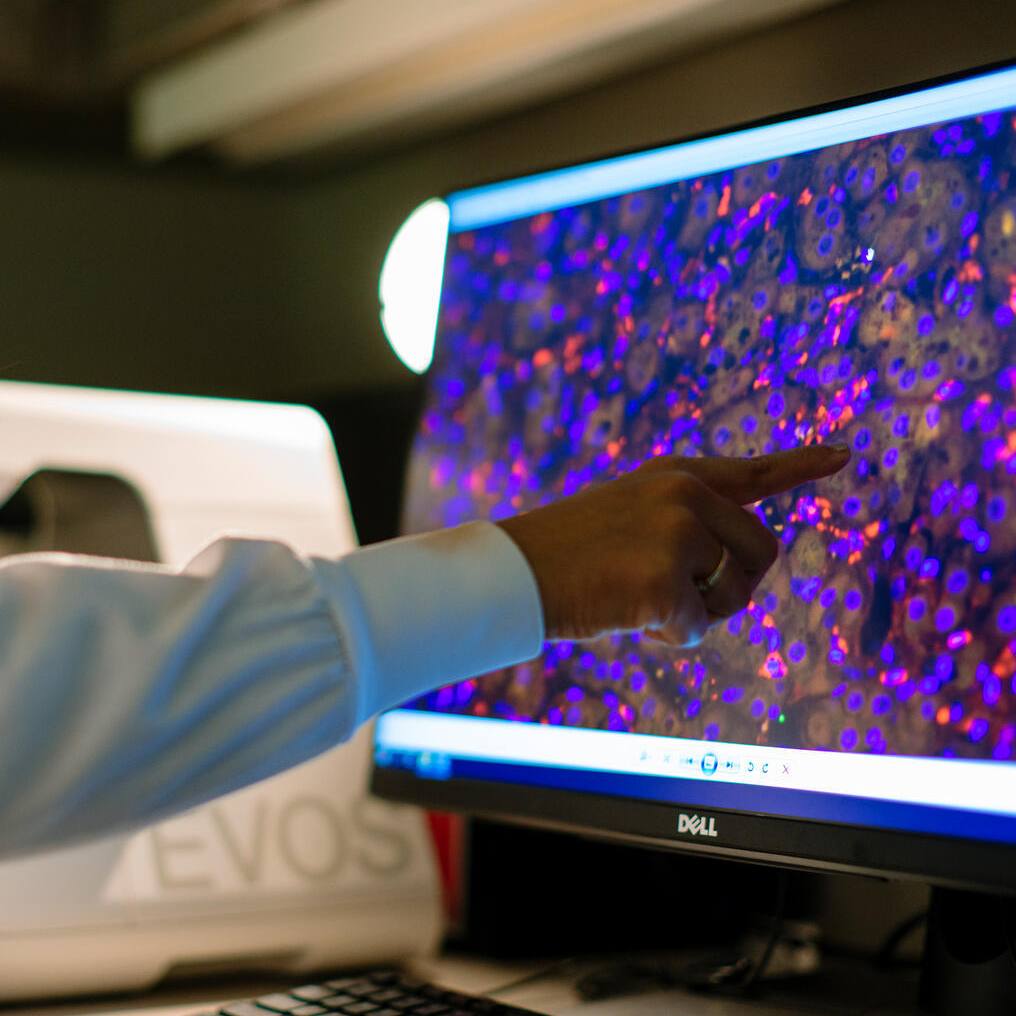-
Questions and answers about monkeypox

Current concerns
The Centers for Disease Control and Prevention has indicated a U.S. resident tested positive for monkeypox after returning to the U.S. from Canada. The CDC also is tracking multiple clusters of monkeypox that have been reported in early to mid-May in regions that don't normally report monkeypox, including in Europe and North America.
What is monkeypox?
Monkeypox is an infection from animals caused by a virus closely related to the smallpox virus. Infection is transmitted to humans through scratches or bites from infected animals, such as rodents or nonhuman primates, or eating bush meat.
Human-to-human transmission occurs through direct contact with skin lesions, bodily fluids or through large respiratory droplets. Transmission is limited to close household contacts or health care workers not wearing personal protective equipment.
Initial symptoms are fever, headache, and swollen lymph nodes. This is followed by a rash. The rash initially consists of flat patches. It then progresses to raised nodules and then to vesicles, with one to two days in each phase. The final stage of pus-filled blisters can last five to seven days. The rash heals by scabbing over.
People with monkeypox are infectious to others from the onset of fever until all lesions scab over.
Do you need to be worried about catching monkeypox?
No. The overall risk for the public and health care providers is low at this time. Human-to-human spread of the virus occurs by direct contact with an infected person's skin or that person's secretions.
The public isn't considered at high risk for several reasons. First, transmission of monkeypox requires prolonged close contact with people who are infected. Unlike COVID-19, where people may not know they are infected, people infected with monkeypox have symptoms, such as fever or a rash, that make it easier to recognize. These symptoms cause people to seek out medical care.
The incubation period — the time from when a person is exposed to when that person develops symptoms — is long. Therefore, public health measures can help prevent additional cases.
Finally, vaccines can prevent infection. Treatments are available for those who get infected.
Can you get vaccinated for monkeypox now?
No, vaccinations for monkeypox are not available to the public. In the event of exposure, public health authorities will guide vaccination of close contacts, including health care workers.
What vaccines and treatments are available?
Smallpox vaccines effectively prevent monkeypox if given before or within a few days of exposure. Other monkeypox therapies are tecovirimat and brincidofovir — both antiviral medications — and vaccinia immune globulin. These therapies were originally designed for smallpox but also work for monkeypox. All are available in the U.S. National Defense Stockpile.
How is Mayo Clinic prepared?
Mayo Clinic is prepared to safely handle clinical cases of monkeypox while protecting everyone's safety. Mayo Clinic also is prepared to answer questions from patients about their risk, which is low.
Related information:







